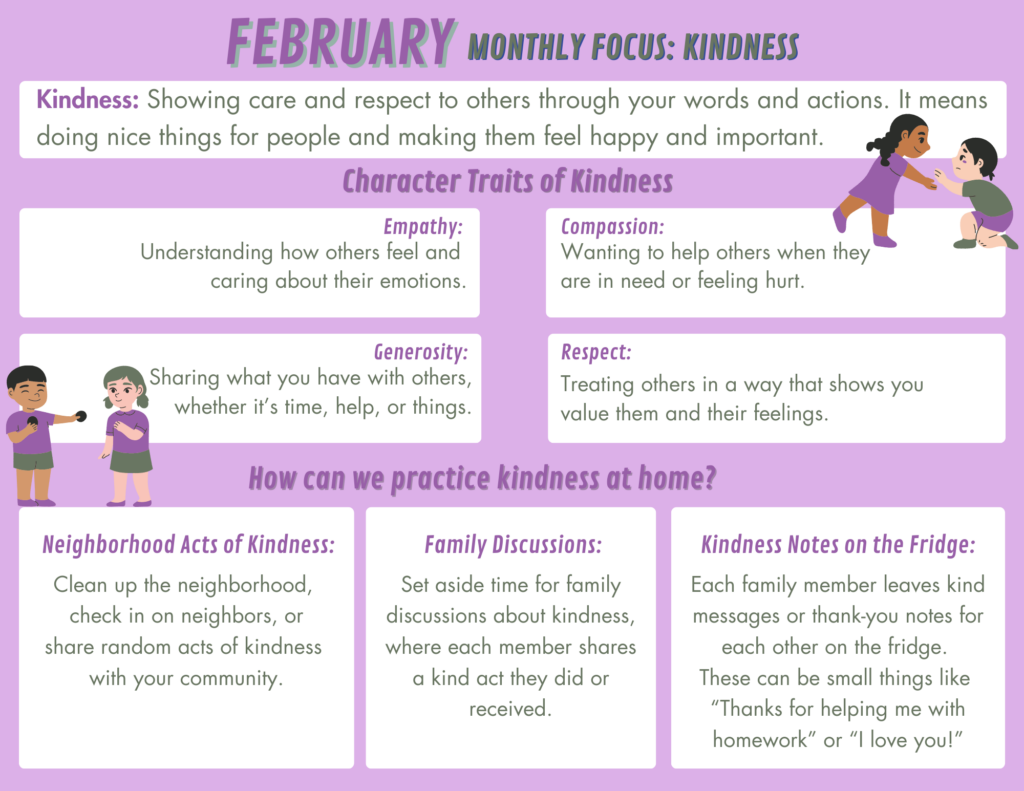Departments
Home » Departments
Counseling Services

School Based Counseling Services Include
Consulting with parents and school staff regarding social-emotional/behavioral functioning, offering information and resources on how to support the school, class, and individual students.
Checking in with students on an as needed basis (e.g. during times of crisis, adjustment and or transition, etc.)
Goal-based, focused counseling services to students:
Social Skills Development
504 Plans (as specified on individual plan)
IEP Related Service (as specified on IEP)
Parent permission/informed consent must be provided for students receiving counseling services. Although the School Psychologist may assist a student in need (e.g. situational, such as when in crisis) on-going services require parent/guardian consent.
Anti-Bullying
What is Bullying?
Stopbullying.gov defines bullying as:
Bullying is unwanted, aggressive behavior among school aged children that involves a real or perceived power imbalance. The behavior is repeated, or has the potential to be repeated, over time. Both kids who are bullied and who bully others may have serious, lasting problems.
In order to be considered bullying, the behavior must be aggressive and include:
- An Imbalance of Power: Kids who bully use their power—such as physical strength, access to embarrassing information, or popularity—to control or harm others. Power imbalances can change over time and in different situations, even if they involve the same people.
- Repetition: Bullying behaviors happen more than once or have the potential to happen more than once.